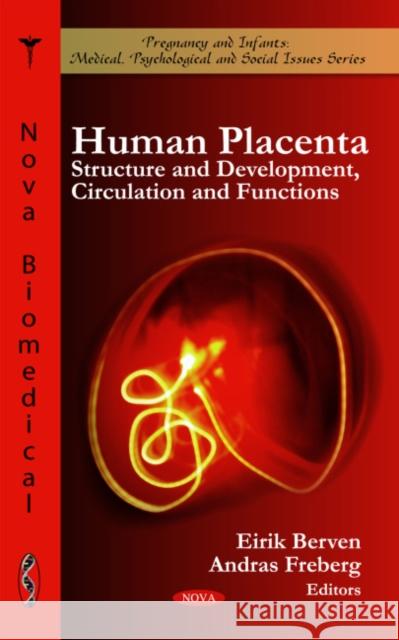Human Placenta: Structure & Development, Circulation & Functions » książka
Human Placenta: Structure & Development, Circulation & Functions
ISBN-13: 9781608764570 / Angielski / Twarda / 2010 / 256 str.
The placenta is a fetomaternal organ provided by nature to aid development of the growing embryo by facilitating gas and nutrient exchange between the mother and fetus and by helping to maintain fetomaternal tolerance. Aside from playing an age-old and essential role in fetal development, placental tissues have also attracted the interest of clinical scientists due to their potential utility as a therapeutic agent. This book provides an overview of the clinical applications which have been described for placental tissue or are currently applied, as well as a summary of the most recent results obtained in preclinical studies, which present promising perspectives for the future clinical application of these cells. The trophoblast, a cell type of the placenta, is also outlined in this book, as well as its function in the placenta during pregnancy and its role in developmental processes and gynecological diseases. In addition, pregnancy-specific glycoproteins (PSGs) are secreted proteins which are produced by the rodent and primate placenta, and play a critical role in pregnancy success. This book summarizes and analyzes the data on structure and function of PSGs known to date. Relatively recent data of PSG-derived biologically active peptides are also described. Other chapters examine placental functions and their role in predicting development and disease in infancy and childhood, and the role of insulin like growth factors (IFGs) in normal and abnormal placental and fetal development during pregnancy.











